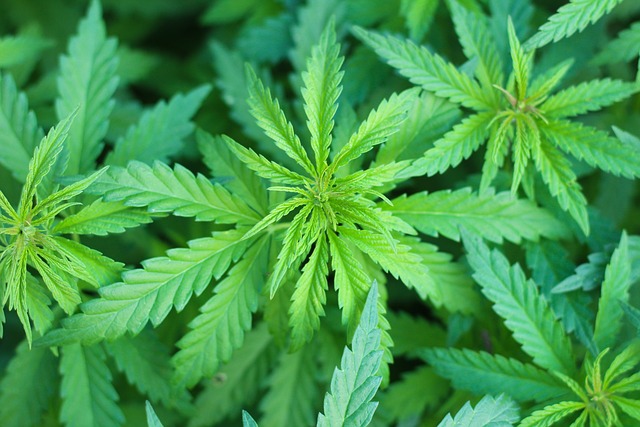Δ-9-tetrahydrocannabinolic acid (THCA), a non-psychoactive cannabinoid found in Cannabis sativa, is gaining recognition in the European Union for its therapeutic potential and favorable legal status. While THCA itself is not a controlled substance under EU drug control laws, its legal use is subject to varying regulations across different EU countries, often permitting hemp-derived products with trace THCA levels, provided they comply with national legislation like the 0.2% THC limit. The European Commission's Novel Food regulations also play a role in regulating THCA-rich products, requiring adherence to specific safety and legal standards. The evolving legal landscape necessitates careful navigation for consumers and businesses dealing with THCA, as the status of its legality is influenced by a patchwork of EU and national laws. In some EU nations, THCA flower cultivation is permitted under strict guidelines for quality and safety, reflecting the growing interest in this cannabinoid's health benefits. Cultivators must stay informed on legal developments and adhere to high-standard agricultural practices to comply with the dynamic regulatory environment for THCA in the EU.
Exploring the emergence of THCA flower within the European Union’s evolving landscape offers a multifaceted look at the intersection of agriculture, medicine, and regulation. As THCA gains recognition for its unique properties and potential health benefits, the legal status of this non-psychoactive cannabinoid varies across EU nations. This article delves into the nuances of THCA flower legality, highlighting country-specific regulations and compliance measures necessary for market entry. It examines what sets THCA apart from other cannabinoids, shedding light on its science and potential advantages. Readers will gain insights into sustainable cultivation methods in the EU, the importance of the entourage effect, and the role of terpenes. Consumer safety is paramount, with a focus on rigorous testing protocols ensuring product quality. The article also discusses the impact of decarboxylation on THCA’s transformation into THC and its implications for users. With a comprehensive overview of medical and therapeutic applications, the piece evaluates the economic benefits of THCA flower legalization in EU countries. It navigates the regulatory challenges patients face, predicts future prospects within the legal framework, and offers guidelines for responsible consumption. Additionally, it considers the influence of EU regulations on global markets, emphasizing the importance of compliance in a rapidly changing industry.
- Overview of THCA Flower and Its Emergence in EU Markets
- The Legality of THCA Flower Across EU Countries
- – Country-Specific Regulations and Compliance
- What is THCA and How It Differs from Other Cannabinoids
- – The Science Behind THCA and Its Potential Benefits
- Cultivation of THCA Flower in the EU: Methods and Best Practices
Overview of THCA Flower and Its Emergence in EU Markets
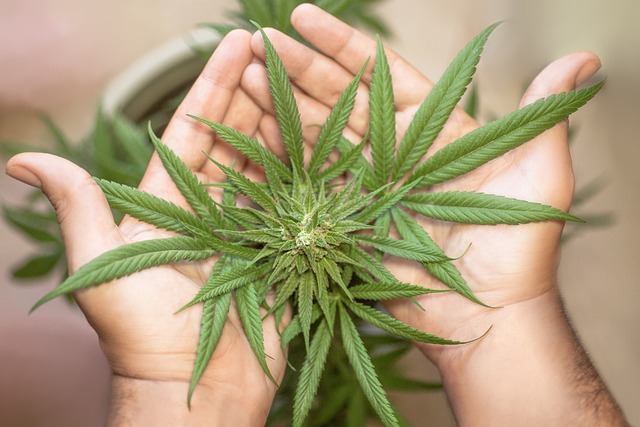
THCA, or Tetrahydrocannabinolic Acid, is a non-psychoactive cannabinoid found in the Cannabis sativa plant that has garnered attention for its potential therapeutic properties. As EU markets continue to evolve with the legalization of various cannabis products, THCA flower has emerged as a significant player. This cannabinoid precursor to THC (Tetrahydrocannabinol) is gaining traction among consumers and researchers alike due to its unique effects and favorable legal status in many EU countries. The THCA flower, rich in the raw acidic form of THC, offers a range of potential benefits without the psychoactive effects that characterize THC once it undergoes decarboxylation through heating.
The emergence of THCA flower in the European Union markets is a testament to the region’s evolving stance on cannabis products. With varying legal frameworks across different EU countries, THCA has become a viable alternative for those seeking the health benefits associated with cannabinoids without the high. The legal clarity surrounding THCA in these jurisdictions has paved the way for its cultivation and distribution, making it accessible to consumers who are increasingly knowledgeable about the compounds they consume. This burgeoning market is expected to expand as more research unfolds and consumer awareness increases, further solidifying the role of THCA flower within the wellness and health sectors across the EU.
The Legality of THCA Flower Across EU Countries
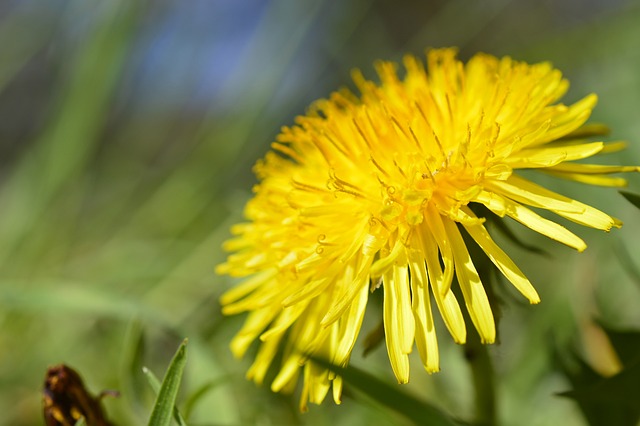
across European Union countries, the legal status of THCA flower varies due to differing national laws and regulations that govern the use and possession of cannabis-related substances. As of my knowledge cutoff in early 2023, some EU member states have enacted legislation allowing for medical and/or research uses of THCA, a non-psychoactive compound found in hemp and cannabis plants. In countries like Italy, France, and Germany, regulatory frameworks are being developed to accommodate the growing interest in CBD products, which often contain trace amounts of THCA. However, the use of THCA flower for recreational purposes remains largely prohibited across the EU, with stringent controls imposed on its cultivation, distribution, and sale. The European Commission’s guidelines on novel foods and novel food ingredients also play a role in determining the legality of THCA-rich products, requiring compliance with the relevant EU legislation. It is crucial for individuals to be well-informed about the specific laws within each member state, as non-compliance can lead to legal consequences. Prospective users and businesses must stay updated on evolving regulations to navigate this complex landscape effectively.
– Country-Specific Regulations and Compliance
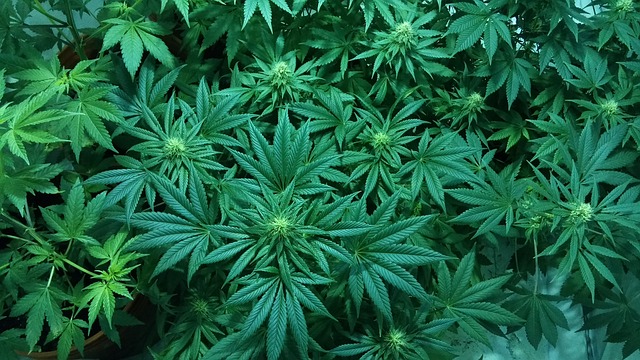
navies the intricacies of THCA flower legality across various jurisdictions within the European Union, it’s clear that country-specific regulations play a pivotal role in compliance. As of the current understanding, THCA, or Tetrahydrocannabinolic Acid, a non-psychoactive cannabinoid found in hemp and cannabis plants, exists in a legal gray area within the EU. The 2017 World Health Organization (WHO) report on cannabidiol (CBD) noted that THCA is distinct from its psychoactive counterpart, THC, and has no psychotropic effects. This distinction is significant as it allows for products containing THCA to be legally marketed in the EU, provided they adhere to strict regulatory standards set forth by the European Commission’s Novel Food regulations. These regulations stipulate that any food product containing CBD or THCA must have been traded before May 1997 or must undergo a safety assessment to be deemed safe for consumption. Additionally, each EU country may impose its own restrictions and guidelines on the sale, distribution, and possession of THCA products, influencing how businesses navigate compliance within their borders. It’s crucial for entities dealing with THCA flower to stay informed about national legislation updates, as interpretations of the law can vary significantly from one member state to another. This dynamic regulatory landscape underscores the need for due diligence and legal consultation to ensure full compliance with all applicable laws and regulations regarding THCA legal status in EU countries.
What is THCA and How It Differs from Other Cannabinoids

Delta-9-tetrahydrocannabinolic acid, commonly known as THCA, is a natural cannabinoid found in the Cannabis sativa plant. Unlike its well-known counterpart, delta-9-tetrahydrocannabinol (THC), THCA does not induce psychoactive effects. Instead, it exists in raw cannabis and undergoes decarboxylation to transform into THC when heated. This distinction is significant for users in EU countries where the legal status of THC-containing products can vary, but raw or hemp-derived CBD products that contain THCA are often permissible under certain regulations.
THCA interacts with the body’s endocannabinoid system through its affinity for both CB1 and CB2 receptors, albeit less so than THC. This interaction is believed to have anti-inflammatory properties and may support the immune system, which has led to its exploration as a therapeutic agent in various conditions. Unlike other cannabinoids like CBD (cannabidiol) or CBN (cannabinol), THCA’s potential benefits are still under active scientific investigation. The legality of THCA-rich products across EU countries is subject to the concentration levels allowed and the specific legal framework within each jurisdiction, making it a nuanced area for both producers and consumers. As such, understanding the distinctions between THCA and other cannabinoids is crucial for individuals interested in exploring the full spectrum of cannabis benefits while adhering to the legal landscape in their respective EU countries.
– The Science Behind THCA and Its Potential Benefits
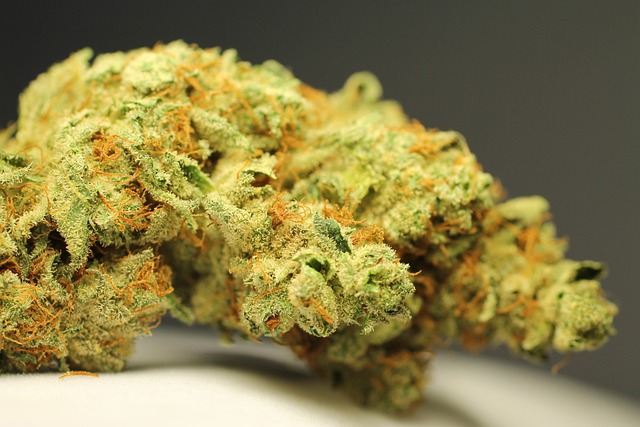
7ncb1t5euly: THCA, or tetrahydrocannabinolic acid, is a naturally occurring compound found in the Cannabis sativa plant. It’s the precursor to THC (tetrahydrocannabinol), the psychoactive substance commonly associated with cannabis use. Scientific research indicates that THCA may offer a range of therapeutic potentials, which are being explored for their efficacy in managing various health conditions. Studies suggest that THCA interacts with the body’s endocannabinoid system, influencing functions such as pain sensation, inflammation, and immune responses. This interaction may contribute to its anti-inflammatory, neuroprotective, and analgesic properties, making it a subject of interest in the fields of medicine and wellness.
As for its legal status in EU countries, THCA itself is not scheduled as a controlled substance under the European Monitoring Centre for Drugs and Drug Addiction (EMCDDA). However, the legality of THCA-containing products varies across member states, often influenced by national legislation regarding cannabis and its derivatives. In some EU countries, THCA is legal provided it is derived from hemp with less than 0.2% THC and is marketed as a food supplement or for research purposes. In others, the legal landscape is more restrictive, with strict regulations governing the use of such compounds. It’s crucial for individuals to be aware of and comply with the specific laws of their respective countries when considering the use or sale of THCA-related products.
Cultivation of THCA Flower in the EU: Methods and Best Practices

The cultivation of THCA flower, a non-psychoactive variant of cannabis rich in tetrahydrocannabinolic acid (THCA), has garnered attention within the EU due to its potential therapeutic benefits and legal status in various member states. THCA is the precursor to THC, the psychoactive component found in cannabis, and has shown promise in wellness and health applications without the psychotropic effects. As of the latest regulations, THCA flower is legal in select EU countries, provided it adheres to strict cultivation practices that comply with regional and national laws.
Cultivators interested in growing THCA flower in the EU must navigate a complex set of guidelines. The most successful cultivation methods involve controlling environmental factors such as temperature, humidity, and light exposure to maintain optimal conditions for THCA production. Hydroponic or organic soil-based systems are both viable options, with the former offering greater control over nutrient delivery and the latter potentially providing a more sustainable approach. Additionally, it is imperative to employ Integrated Pest Management (IPM) strategies to ensure crop health without resorting to prohibited substances that could contaminate the final product or result in legal complications. Adherence to Good Agricultural and Collection Practice (GACP) standards further ensures the quality and safety of the THCA flower, aligning with the EU’s stringent regulations on agricultural products. Cultivators must stay informed about local legislation as it evolves, ensuring compliance at all stages from cultivation to harvest to avoid legal pitfalls and capitalize on the opportunities presented by the burgeoning market for THCA-rich cannabis products within the EU.
THCA flower has garnered significant attention within the European Union’s evolving cannabis landscape. As detailed, its emergence is marked by a complex web of regulations that vary by country, with implications for compliance and legality across the region. This in-depth exploration into the cultivation, potential benefits, and scientific makeup of THCA provides a clearer understanding of its position among other cannabinoids. It’s evident that THCA holds a unique place within the EU’s legal cannabis markets, offering a promising outlook for consumers and producers alike. As this industry continues to mature, adherence to country-specific regulations will be pivotal in ensuring THCA flower’s responsible and sustainable integration into these markets.
